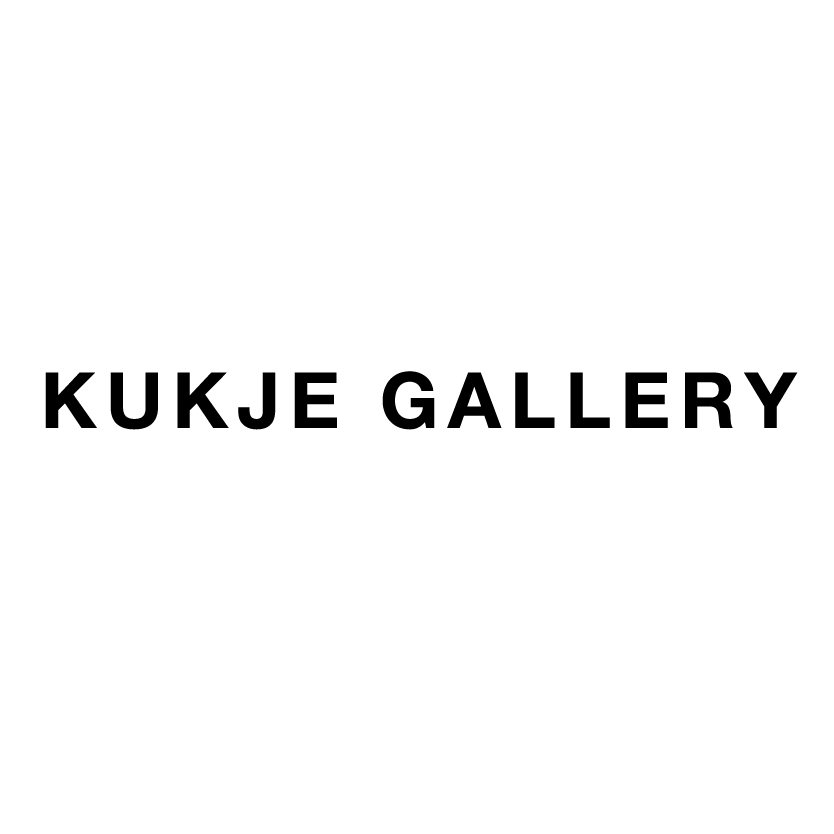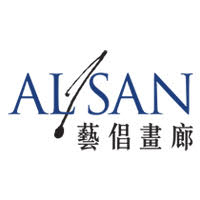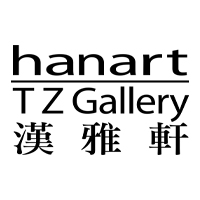Christie’s Gets Access to Mainland Markets
By The Editors

SH RAZA
On April 9, Christie’s announced that it had gained a license from the Chinese government to operate in Shanghai beginning in the fall, making it the first foreign auction house to conduct business independently on the mainland.
Until now, Chinese authorities blocked the international houses that have long been vying for unfettered access to the world’s second largest art market. Since 2005, Christie’s has instead partnered with the Shanghai firm Forever, while rival Sotheby’s signed a ten-year contract with state-owned Beijing GeHua Art Co. in September.
Now the 247-year-old company is set to compete with the two major state-run entities, Poly International and China Guardian, that currently dominate the Chinese auction market. The government, however, has restricted Christie’s from selling “cultural relics” that predate 1911—unfortunate news after an 18th century Chinese bowl broke the world record in this category at Sotheby’s last week, selling for USD 9.5 million.
In Hong Kong, the presence of rich mainland bidders has helped turn the city into one of the world’s most successful auction centers. Gaining a foothold in mainland China, Christie’s can now cater directly to the new class of wealthy collectors investing in fine art, jewelry, watches and wine.
Steven P. Murphy, the chief executive officer of Christie’s said in a statement yesterday: “Christie’s will be able to engage with our clients in Shanghai in the same way that we have done over many years in London, Paris, New York and Hong Kong.”
“The art market continues to grow at a tremendous rate due to the burgeoning interest in art particularly in Asia and China,” he added.
As of March, however, auction house sales in China have cooled, falling by 24 percent against the previous year. The total sales of the country’s two leading companies, Poly Auction and China Guardian, have more than halved over the same period. The reversal of what seemed to be a steady upward trend in art sales—China overtaking the United States in sales in 2012—is attributed to a decline in speculative investment and a weaker overall economic environment in China.






